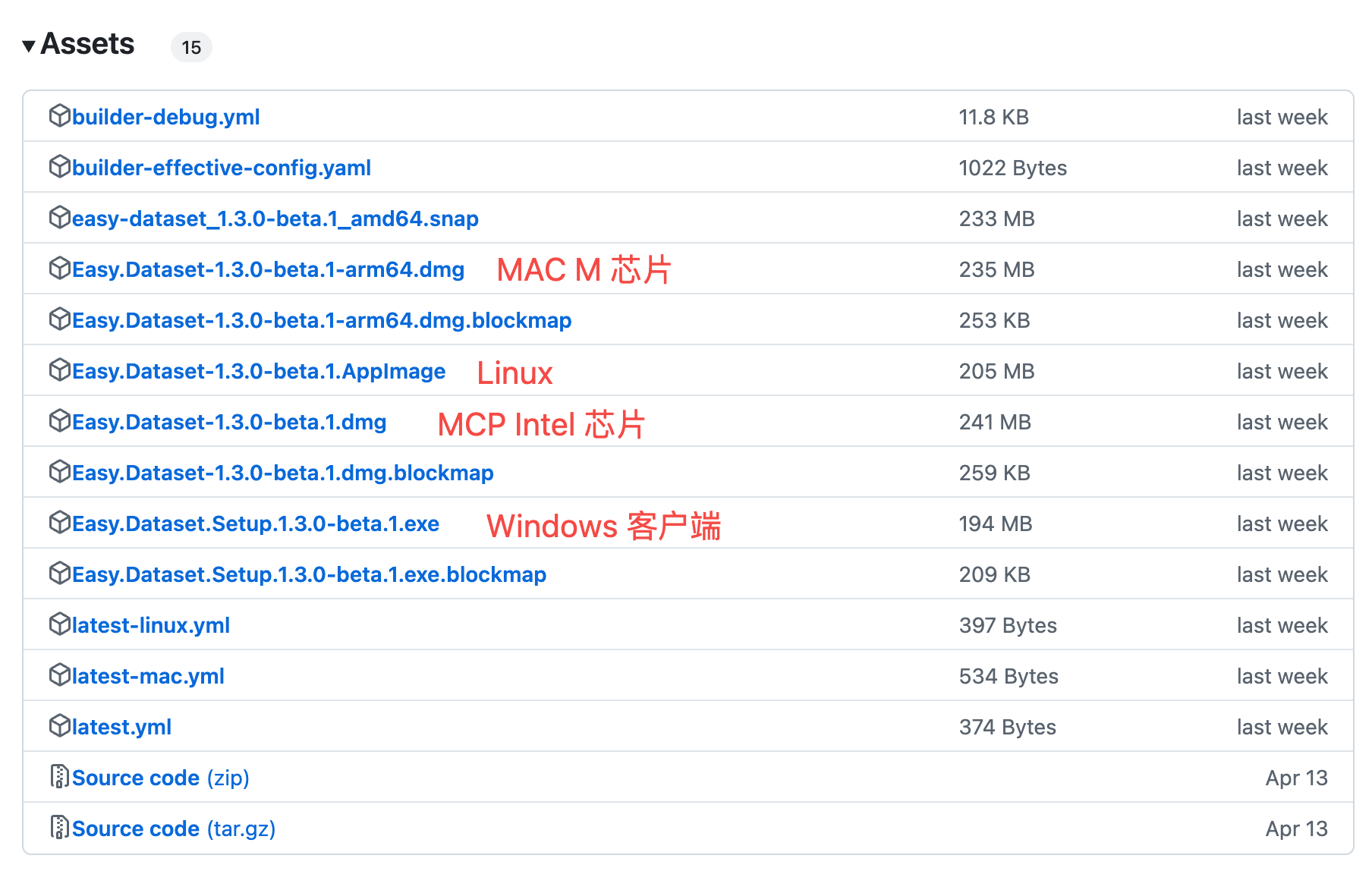Installation and Use
Client Startup (Suitable for Beginners)

NPM Startup (Suitable for Developers)
Docker Startup (Suitable for Private Deployment)
Last updated
Was this helpful?